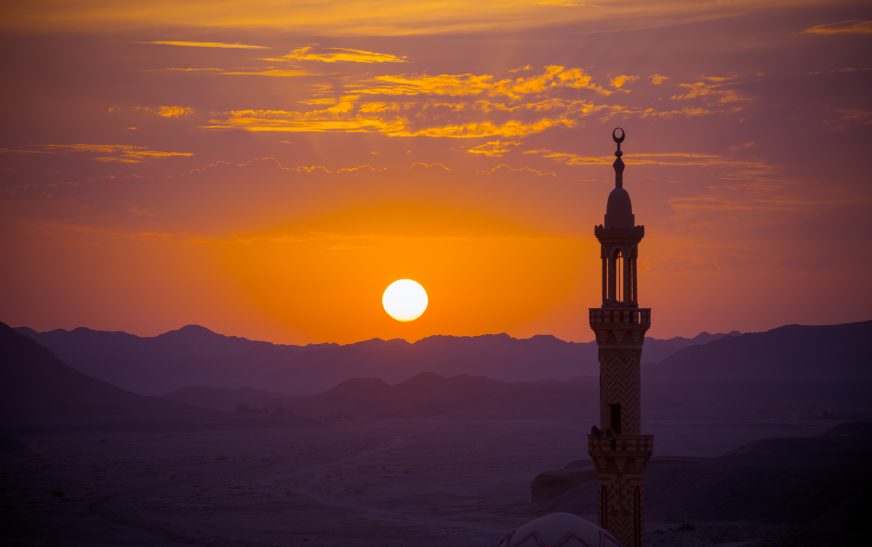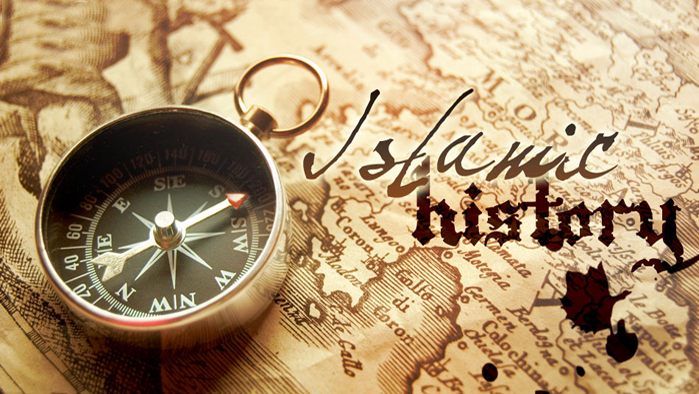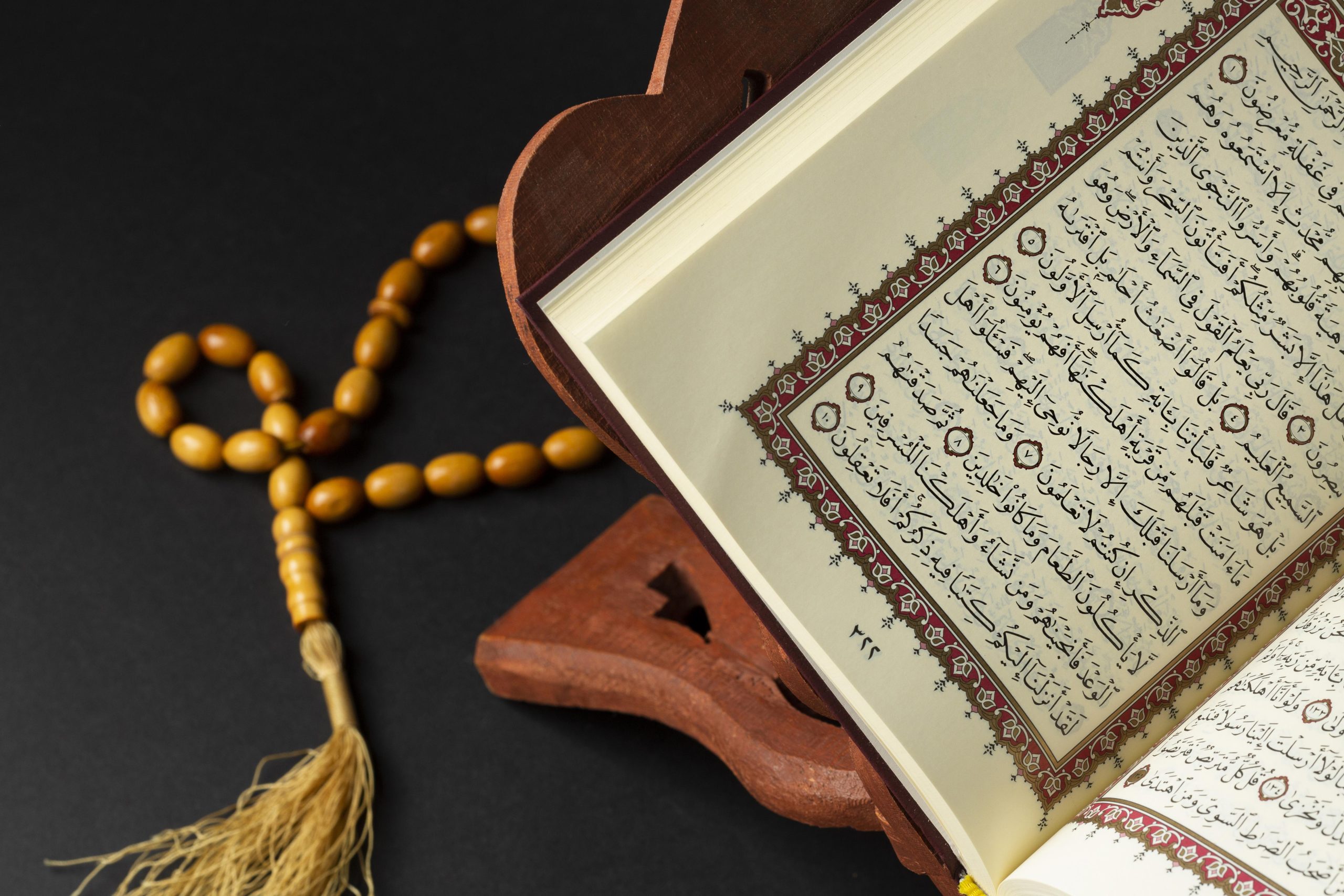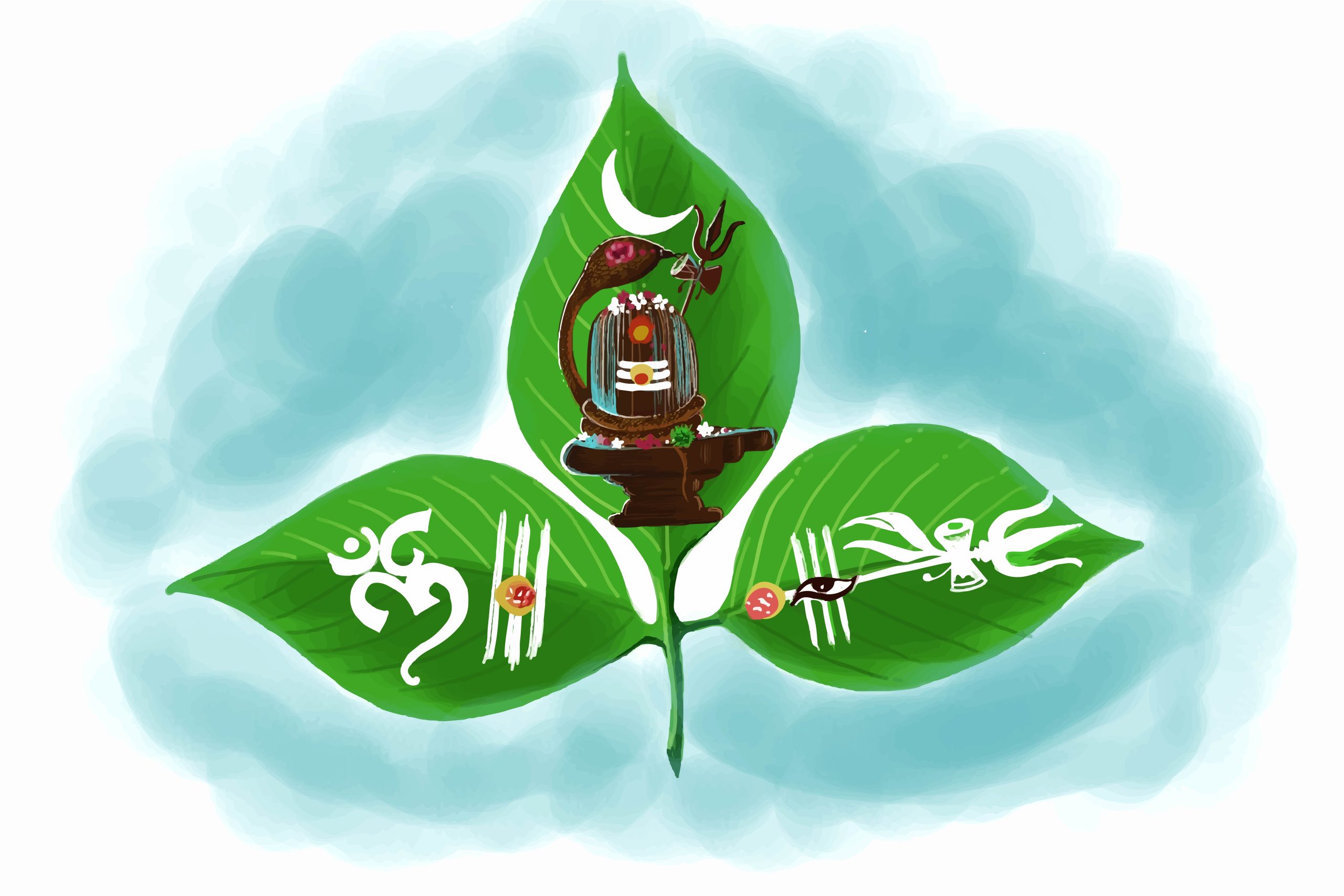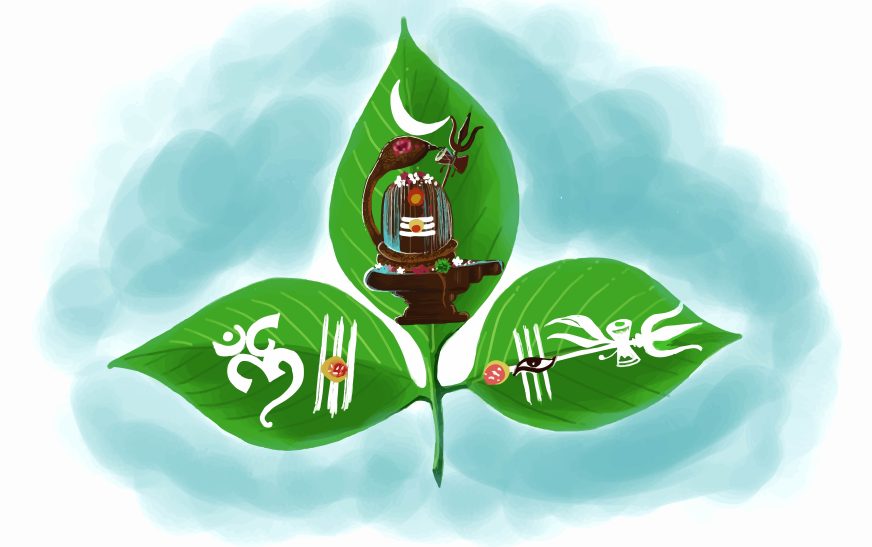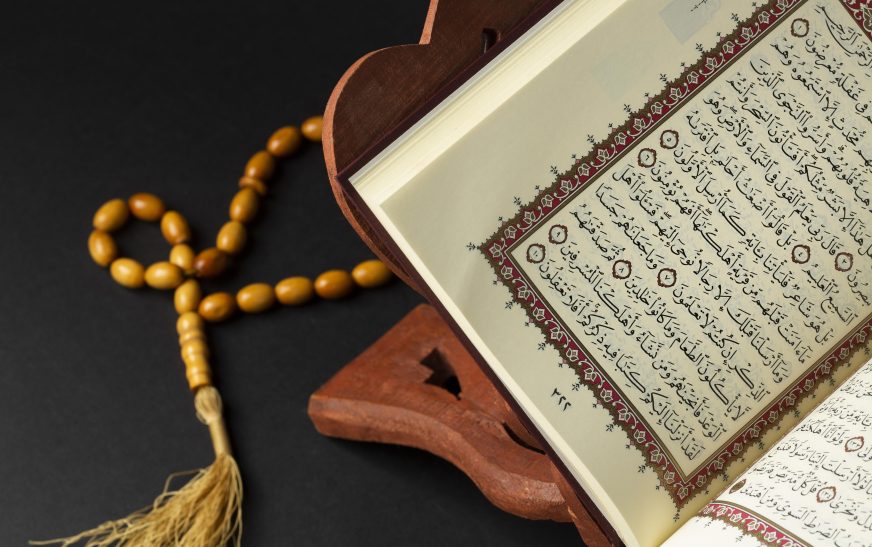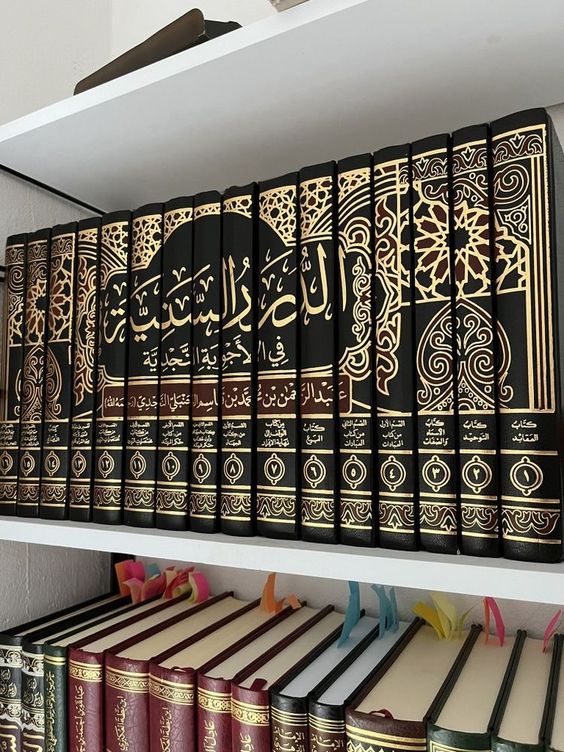The early history of Islam is marked by the life and teachings of the Prophet Muhammad (peace be upon him) and the foundational events that shaped the emergence and spread of Islam in the Arabian Peninsula. This narrative delves into key aspects of Islam’s early history, including Muhammad’s prophethood, the Quranic revelations, the Hijrah (migration), and the establishment of the Muslim community.
Muhammad was born in Mecca around 570 CE into the Quraysh tribe, a prominent clan in the city. His early life was marked by orphanhood, as his father passed away before his birth and his mother when he was six years old. Muhammad grew up under the care of his grandfather and later his uncle. As a young man, Muhammad gained a reputation for honesty, integrity, and wisdom, earning the title of “Al-Amin” (the trustworthy) among his peers. At the age of 40, Muhammad received the first of many revelations from Allah (God) through the Angel Gabriel while meditating in a cave on Mount Hira near Mecca. These revelations, which would later form the Quran, emphasized monotheism, social justice, compassion, and moral conduct.
Muhammad faced significant challenges and opposition from the Quraysh tribe and the polytheistic society of Mecca. The message of monotheism and moral reform preached by Muhammad threatened the established social order, tribal traditions, and the economic interests tied to the pagan pilgrimage and worship in Mecca.
Despite facing persecution, ridicule, and attempts to suppress his message, Muhammad continued to preach monotheism and call people to righteousness. His early followers, including close family members like his wife Khadijah, his cousin Ali, and his close friend Abu Bakr, embraced Islam and supported him in spreading the message.
In the early years of Islam, the Muslim community in Mecca faced hardships and persecution. Muslims were subjected to social ostracism, economic boycotts, and physical violence due to their beliefs. However, the early Muslims remained steadfast in their faith and commitment to Islam, drawing strength from their trust in Allah and the teachings of Muhammad.
In 622 CE, facing escalating persecution and threats to their lives, Muhammad and his followers made the momentous decision to migrate (Hijrah) from Mecca to the city of Yathrib, later known as Medina. The Hijrah marked a turning point in Islamic history, symbolizing the transition from adversity to opportunity, from persecution to freedom.
The Muslim community in Medina welcomed Muhammad and his followers, establishing a pact known as the Constitution of Medina that ensured the rights and protections of all inhabitants, regardless of their faith or background. This document laid the foundation for a pluralistic society based on justice, mutual cooperation, and religious tolerance.
In Medina, Muhammad played a central role in organizing the Muslim community, resolving conflicts, and establishing Islamic principles in various aspects of life. The community in Medina flourished under Muhammad’s leadership, with Muslims and non-Muslims coexisting peacefully and contributing to the city’s development.
Muhammad’s leadership in Medina saw the consolidation of the Muslim ummah (community) and the establishment of institutions for governance, social welfare, and defense. The Muslims engaged in trade, agriculture, and craftsmanship, fostering economic growth and prosperity in the region.
The early years in Medina also witnessed military engagements and challenges as the Muslim community faced hostile tribes and Meccan forces seeking to undermine Islam’s growing influence. Battles such as Badr, Uhud, and the Trench (Khandaq) tested the resolve and unity of the Muslim community, leading to victories and lessons learned in defensive warfare.
Despite facing external threats, internal challenges, and attempts to sow discord among the Muslim ranks, Muhammad’s leadership and strategic acumen ensured the stability and resilience of the Muslim community in Medina.
The Constitution of Medina, also known as the Medina Charter, established a framework for governance, outlining the rights and responsibilities of different tribes and communities in Medina. It emphasized principles of justice, equality, mutual cooperation, and peaceful coexistence, laying the foundation for a pluralistic society based on Islamic values.
Muhammad’s leadership as a statesman, judge, and spiritual guide shaped the development of Islamic governance, emphasizing consultation (shura), justice, and the welfare of the community. His approach to governance prioritized the well-being and unity of the Muslim ummah, transcending tribal and ethnic divisions.
As Islam gained traction in Medina and beyond, more people embraced the faith, drawn to its message of monotheism, moral reform, social justice, and spiritual fulfillment. The Muslim community expanded, attracting converts from various backgrounds, tribes, and social strata.
Muhammad’s teachings, as recorded in the Quran and Hadith (Prophetic traditions), provided guidance on personal conduct, social ethics, family relations, economic principles, and spiritual devotion. His example as a compassionate leader, just ruler, and devoted servant of Allah inspired Muslims to emulate his character and teachings.
In 632 CE, Muhammad performed his final pilgrimage (Hajj) to Mecca, delivering his famous Farewell Sermon, which encapsulated key principles of Islam and guidance for the Muslim ummah. He emphasized the sanctity of human life, the importance of justice, equality, and brotherhood, and the need for unity among Muslims.
Muhammad’s death in 632 CE marked the end of an era and the beginning of the era of the Rashidun Caliphs, starting with Abu Bakr as the first Caliph. The early history of Islam, shaped by Muhammad’s teachings and example, laid the foundation for the development of Islamic theology, law, ethics, governance, and spirituality in the centuries to come.

